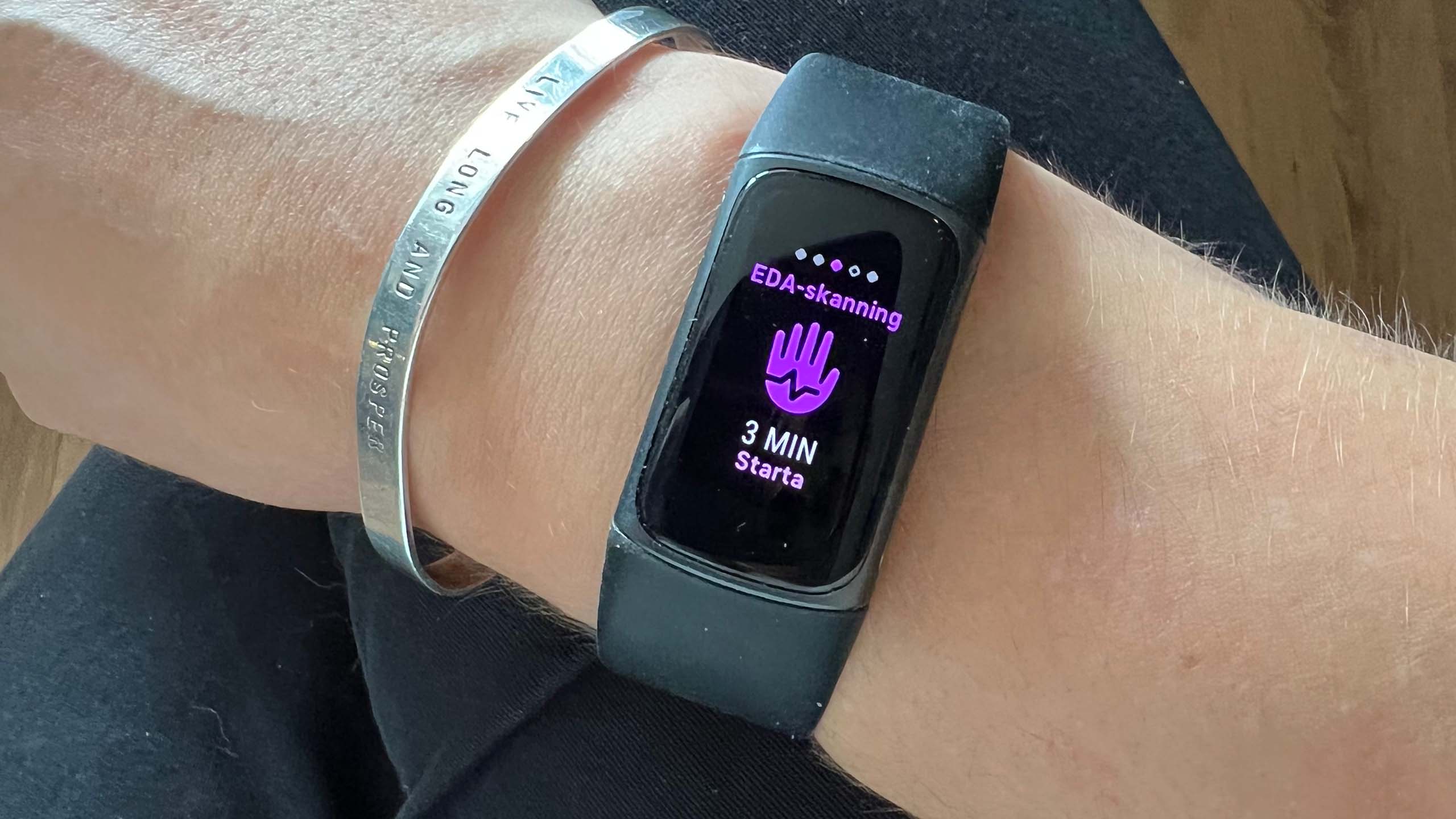Your next Fitbit could test your mental health with mini games

Fitbit could be working on a new way to analyze your mental health, according to a recently registered patent. The document, filed earlier this month, describes how a future Fitbit device could run a quick check on your mental wellbeing by combining physiological stats (such as heart rate, sleep patterns and activity levels) with data collected using simple games.
The Fitbit Sense and Fitbit Charge 5 can monitor stress levels by measuring changes in the electrical conductivity of your skin caused by adrenal activity, but the new patent focuses on identifying longer term mental health problems.
"It is well-documented that cases of mental disorders, such as depression, are on the rise, and it is suspected that there are many cases which are undiagnosed," the paper explains, "although there is no commercially available state-marker such as a blood test or blood pressure test for making the diagnosis."

The patent, which was discovered by Gadgets & Wearables, mentions the possibility of analyzing emails, text messages, and voice samples to help assess mental health. However, Fitbit seems to be leaning away from this due to privacy concerns, and the need for an "extended analytical period" before it could generate any useful results.
A Fitbit that judges your speech might also be seen as creepy. In 2020, Amazon released its first fitness tracker, the Halo Band, which was capable of listening to you throughout the day and analyzing your tone of voice for signs of stress. It was an interesting concept, but one widely regarded as unsettling, and Amazon decided to drop the microphone for the 2021 Halo View.
How the games could work
Instead, a future Fitbit device could use games designed to check your mental and cognitive state. These games might check factors like problem-solving ability, executive function, multi-tasking, or attention readiness, and would take only a minute or two to complete.
Different people could be presented with different games, and the patent suggests that data could be saved so that users don't have to repeat the same one over and over. Two options described in that document are a pattern recognition game with patterns becoming increasingly complicated over time, and a game that tests impulsiveness by asking players to stop a balloon filling with air just before it pops.
Sign up for breaking news, reviews, opinion, top tech deals, and more.
Of course, a patent only means that Fitbit is exploring possibilities; it's not a sign that these mental health games will definitely make their way into future devices. We'll keep our ears to the ground for any more information though, and keep you updated if we hear more.

Cat is TechRadar's Homes Editor specializing in kitchen appliances and smart home technology. She's been a tech journalist for 15 years, having worked on print magazines including PC Plus and PC Format, and is a Speciality Coffee Association (SCA) certified barista. Whether you want to invest in some smart lights or pick up a new espresso machine, she's the right person to help.